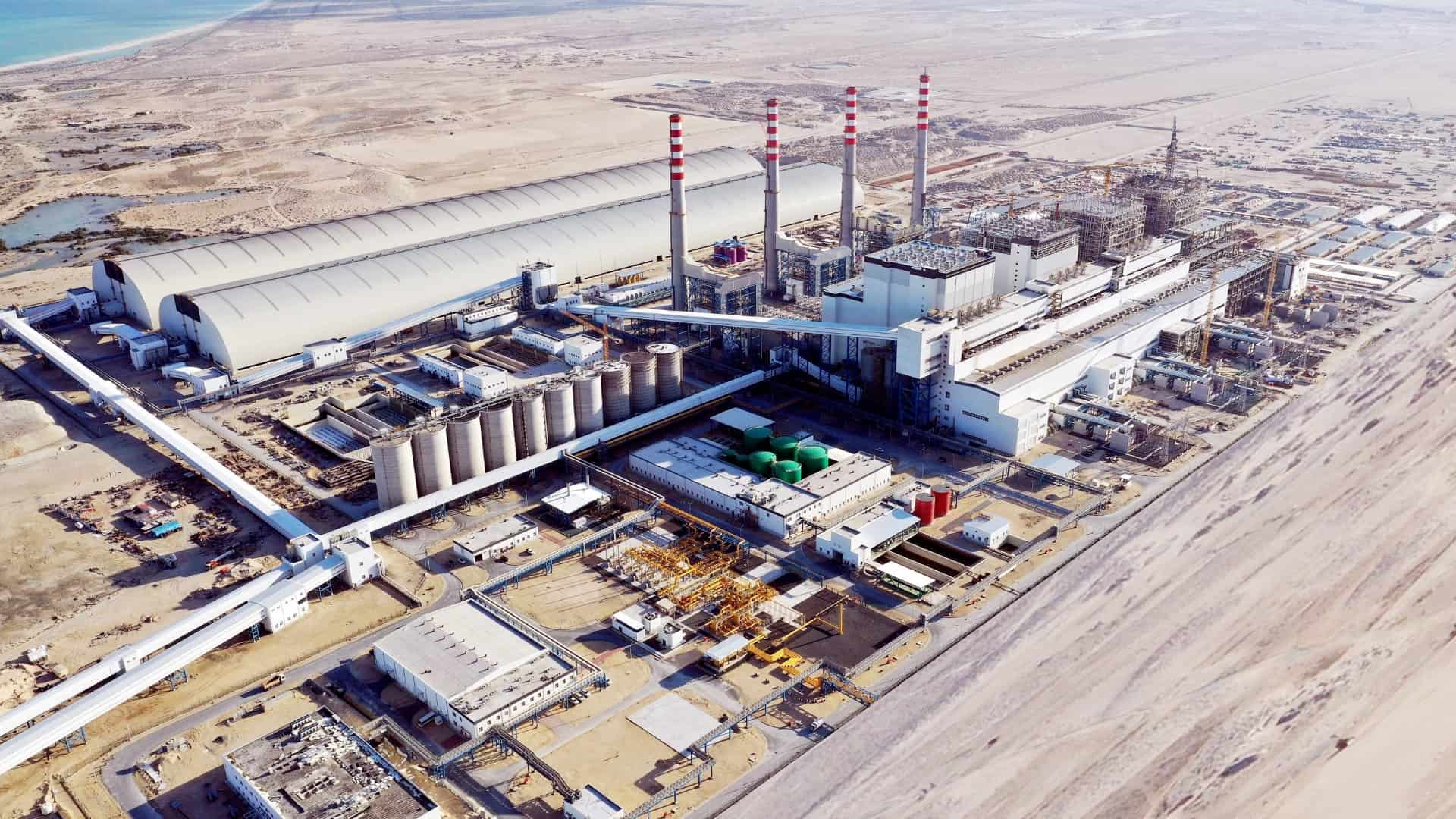Dubai Electricity and Water Authority (DEWA) announced on Sunday that its total production capacity of energy has reached 14,117 megawatts (MW) after adding 700MW.
This includes 600MW from the Hassyan Power Complex, which runs on natural gas, and 100 MW from photovoltaic (PV) solar panels at the 5th phase of the Mohammed bin Rashid Al Maktoum Solar Park. It is the largest single-site solar park in the world using the Independent Power Producer (IPP) model, with a planned capacity of 5,000MW by 2030.
By adding 100MW from the 900MW fifth phase, the current production capacity of the Mohammed bin Rashid Al Maktoum Solar Park, has reached 1,627MW using PV panels.
DEWA is implementing other projects at the Solar Park with a total capacity of 1,233MW using PV and Concentrated Solar Power (CSP).
“DEWA has outlined expansion plans for the energy and water infrastructure based on demand forecasts until 2031” Saeed Mohammed Al Tayer, MD and CEO of DEWA, said. “We will continue to implement pioneering projects to diversify Dubai’s clean and renewable energy sources to include all available technologies in Dubai to achieve the wise leadership’s vision for a brighter and more sustainable future for generations to come.”
Al Tayer revealed that the clean energy share in Dubai’s energy mix has reached 11.5 percent and is expected to reach 14 percent by the end of 2022. This supports the Dubai Clean Energy Strategy 2050 and the Dubai Net Zero Carbon Emissions Strategy 2050 to provide 100 percent of Dubai’s total power capacity from clean energy sources by 2050.
The current production capacity of the Hassyan Power Complex has reached 1,800MW, using the IPP model. A further 600MW will be added in 2023. This will raise the capacity of the Complex to 2,400MW.
The Hassyan Power Complex, which runs on natural gas, adds to the Jebel Ali Power Plant and Water Desalination Complex, which is one of the key pillars to providing Dubai with electricity and water services according to the highest standards of reliability, efficiency, and quality. Jebel Ali has a total production capacity of 9,547MW of electricity.








